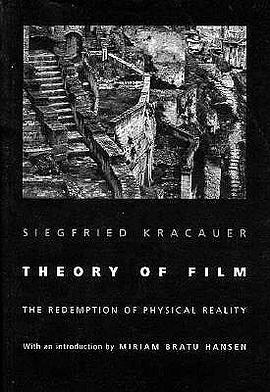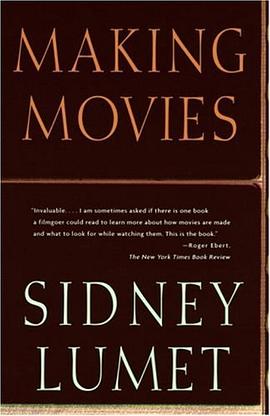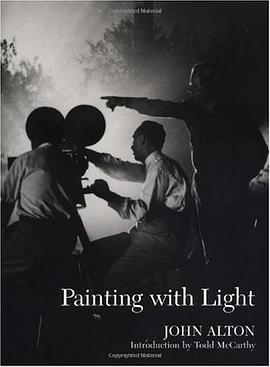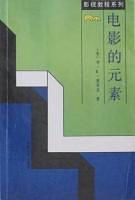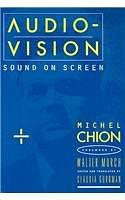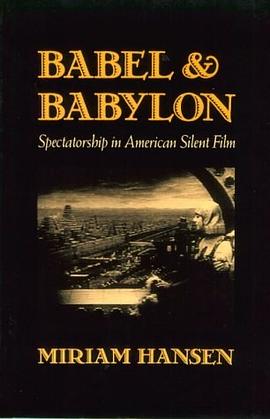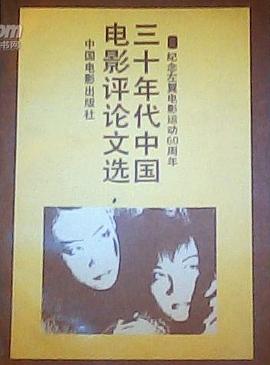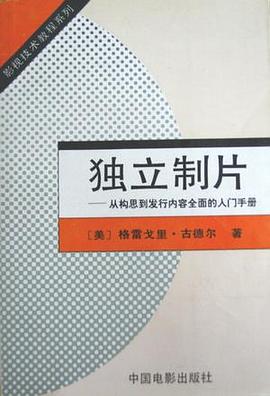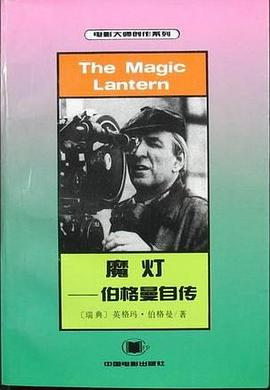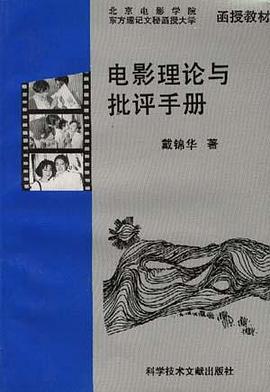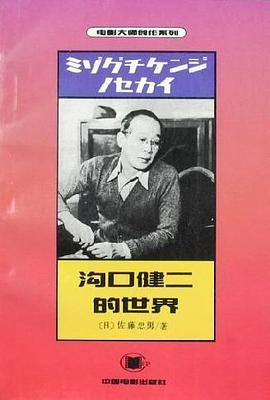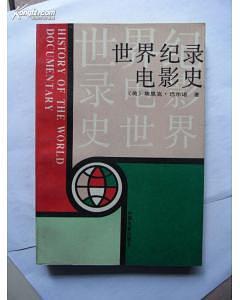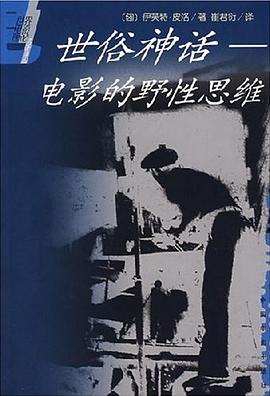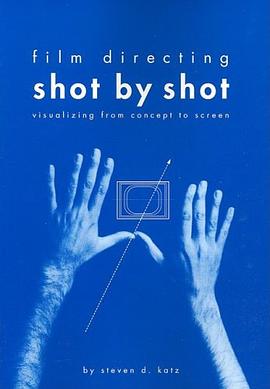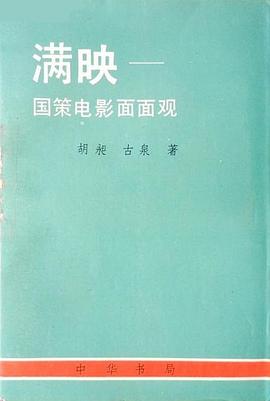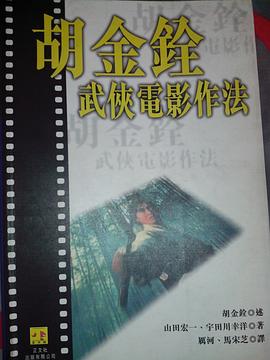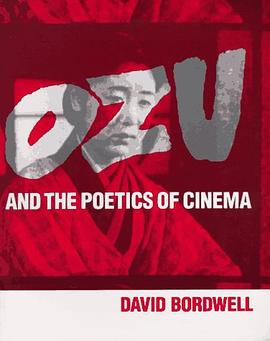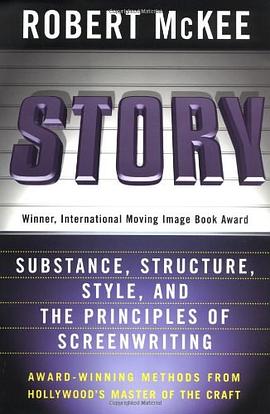

具體描述
Robert McKee's screenwriting workshops have earned him an international reputation for inspiring novices, refining works in progress and putting major screenwriting careers back on track. Quincy Jones, Diane Keaton, Gloria Steinem, Julia Roberts, John Cleese and David Bowie are just a few of his celebrity alumni.Writers, producers, development executives and agents all flock to his lecture series, praising it as a mesmerizing and intense learning experience. In Story , McKee expands on the concepts he teaches in his $450 seminars (considered a must by industry insiders), providing readers with the most comprehensive, integrated explanation of the craft of writing for the screen. No one better understands how all the elements of a screenplay fit together, and no one is better qualified to explain the "magic" of story construction and the relationship between structure and character than Robert McKee.
著者簡介
Robert McKee began his show business career at age nine playing the title role in a community theatre production of MARTIN THE SHOEMAKER. He continued acting as a teenager in theatre productions in his hometown of Detroit, Michigan. Upon receiving the Evans Scholarship, he attended the University of Michigan and earned a Bachelor's Degree in English Literature. While an undergraduate, he acted in and directed over thirty productions. McKee's creative writing professor was the noted Kenneth Rowe whose former students include Arthur Miller and Lawrence Kasdan.
After completing his B.A., McKee toured with the APA (Association of Producing Artists) Repertory Company, appearing on Broadway with such luminaries as Helen Hayes, Rosemary Harris and Will Geer. He then received the Professional Theatre Fellowship and returned to Ann Arbor, Michigan to earn his Master's Degree in Theatre Arts.
Upon graduating, McKee directed the Toledo Repertory Company, acted with the American Drama Festival, and became Artistic Director of the Aaron Deroy Theatre. From there he traveled to London to accept the position of Artist-In-Residence at the National Theatre where he studied Shakespearean production at the Old Vic. He then returned to New York and spent the next seven years as an actor/director in various Off-Broadway, repertory and stock companies.
After deciding to move his career to film, McKee attended Cinema School at the University of Michigan. While there, he directed two short films - A DAY OFF, which he also wrote, and TALK TO ME LIKE THE RAIN, adapted from a one-act play by Tennessee Williams. These two films won the Cine Eagle Award, awards at the Brussels and Grenoble Film Festivals, and various prizes at the Delta, Rochester, Chicago and Baltimore Film Festivals.
In 1979, McKee moved to Los Angeles, California where he began to write screenplays and work as a story analyst for United Artists and NBC. He sold his first screenplay, DEAD FILES, to AVCO/Embassy Films, after which he joined the WGA (Writers Guild of America). His next screenplay, HARD KNOCKS, won the National Screenwriting Contest, and since then McKee has had over eight feature film screenplays purchased or optioned, including the feature film script TROPHY for Warner Bros. In addition to his screenplays, McKee has had a number of scripts produced for such critically acclaimed dramatic television series as QUINCY, M.D. (starring Jack Klugman), COLUMBO (starring Peter Falk), SPENSER: FOR HIRE and KOJAK (starring Telly Savalas).
In 1983, McKee, a Fulbright Scholar, joined the faculty of the School of Cinema and Television at the University of Southern California (USC), where he began offering his now famous STORY SEMINAR class. A year later, McKee opened the course to the public and he now teaches the 3-day, 30-hour STORY SEMINAR to sold-out audiences around the world. From Los Angeles (where his course is only taught two times a year) to New York (two times a year) to Paris, Sydney, Toronto, Boston, San Francisco, Helsinki, Oslo, Munich, Singapore, Barcelona and 12 other film capitals around the world, more than 50,000 students have taken the course over the last 15+ years.
Through it all, McKee continues to be a project consultant to major film and television production companies, as well major software firms (Microsoft, etc.), news departments (ABC, etc.) and more. In addition, several companies such as ABC, Disney, Miramax, PBS, Nickelodeon and Paramount regularly send their entire creative and writing staffs to his lectures.
In 2000, McKee won the prestigious 1999 International Moving Image Book Award for his best-selling book STORY (Regan Books/HarperCollins). The book, currently in its 32nd printing in the U.S. and its 19th printing in the U.K., has become required reading for film and cinema schools at such top Universities as Harvard, Yale, UCLA, and USC, and was on the LOS ANGELES TIMES best-seller list for 20 weeks.
圖書目錄
讀後感
讲述故事,感动听众 Storytelling That Moves People 说服是商务活动的中心。要让客户购买你们公司的产品和服务,你必须说服他们;要在公司实行新的战略计划和重组,你必须说服员工和同事;要让投资者购买(或是不出售)你们的股票,你必须说服他们;要合伙人签下一单合...
評分取这个标题并没有贬低的意思,这本书非常棒,理论完整且实用,是我看过讲写作的书里最有用的一本吧~ 作者罗波特麦基是个美国人,论述相当出色,而且不乏风趣幽默,比如讲电影分类的时候说,我们(指美国人)把美国电影以外的片子都称为文艺电影,主要是指欧洲电影。 他讲到喜...
評分1.大预算=大情节=大量观众,反之亦然。大情节,即惊奇历险故事,好莱坞型。故想要有众多观众多半需要大预算。 2. 先锋脱胎于经典形式,要先锋必先完全理解经典形式。 3. 让人物活起来的方法:研究写作人自己的记忆、想象、事实(包括书影),其他人与你的生活的差异也可以带来...
評分我们大概多少都读过教育部引进翻译的国外教材,当时可能不以为然,现在想想,似乎理解内容没有遇到什么障碍。反观周铁东先生翻译的《故事》,简直莫名其妙。请问Reason,翻译成“理由”和“原因”能表述同样意思吗?我都不提那些硬着头皮意译的所谓专业名词,提它们算我欺负你...
評分故事是生活的隐喻,人物是人的隐喻,梦是潜意识的隐喻。《故事》拿到手上,天蓝大部头,精装烫银,俨然圣经模样。它就是一本圣经:就应该天天捧在手上,天天翻,天天奉行。它难道不是一本圣经吗:它告诉我们故事宇宙的原理,节拍连成场景,场景连成序列,上演一幕幕这个宇宙的...
用戶評價
看這本書之前沒想到它是如此優秀的文學批評,甚至可以拿來當人生指導,不過還是在如何組織故事方麵受益最多。學到的最重要的一句話是 story is a metaphor of life。一下子看清楚瞭文學中許多基本元素的關係。
评分神一般的老頭,文筆無比好
评分字字珠璣,精彩絕倫
评分圖解很有用,不是純文字,作為圖解狂人感覺好爽。。
评分Show, don't tell!
相關圖書
本站所有內容均為互聯網搜索引擎提供的公開搜索信息,本站不存儲任何數據與內容,任何內容與數據均與本站無關,如有需要請聯繫相關搜索引擎包括但不限於百度,google,bing,sogou 等
© 2025 book.quotespace.org All Rights Reserved. 小美書屋 版权所有

